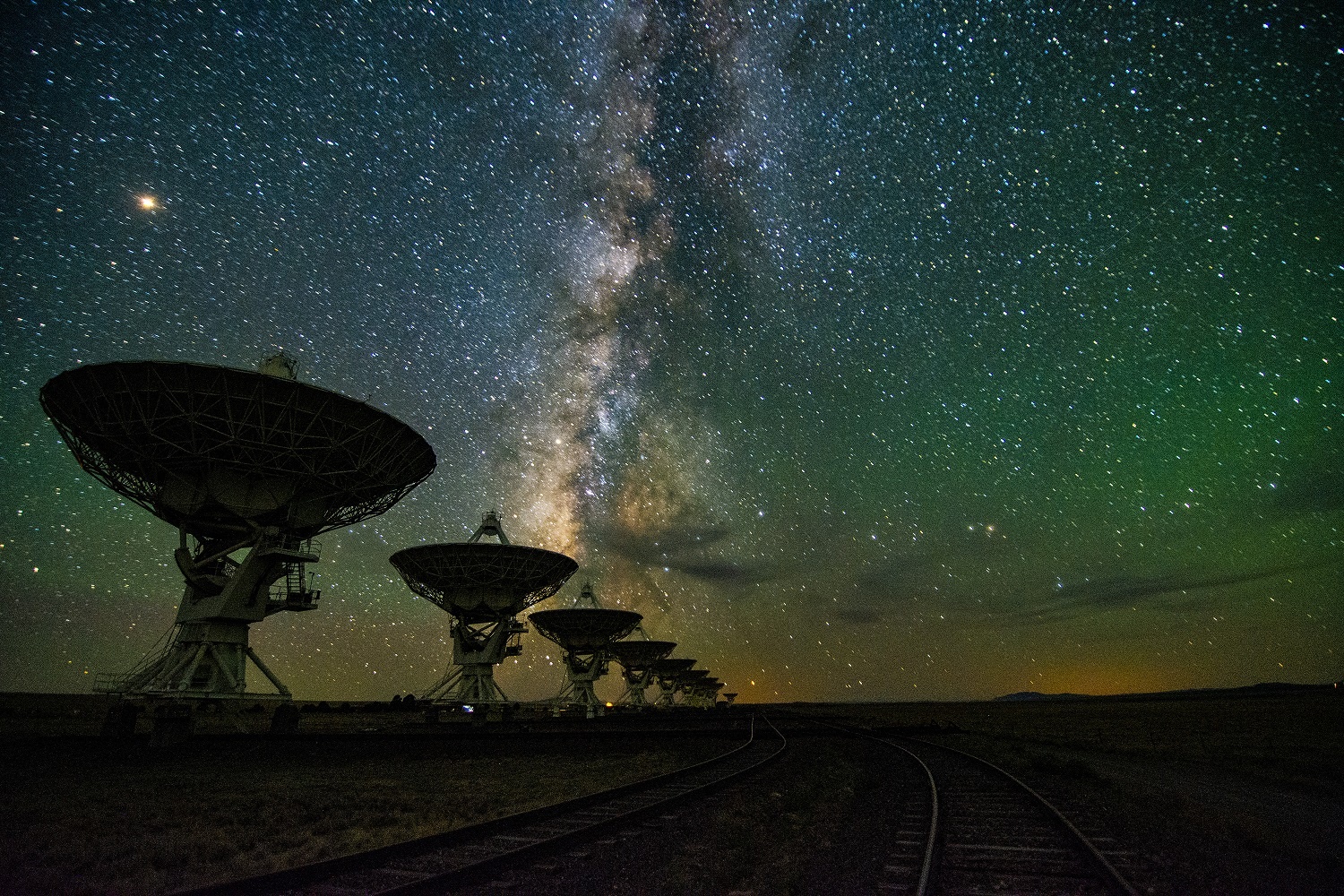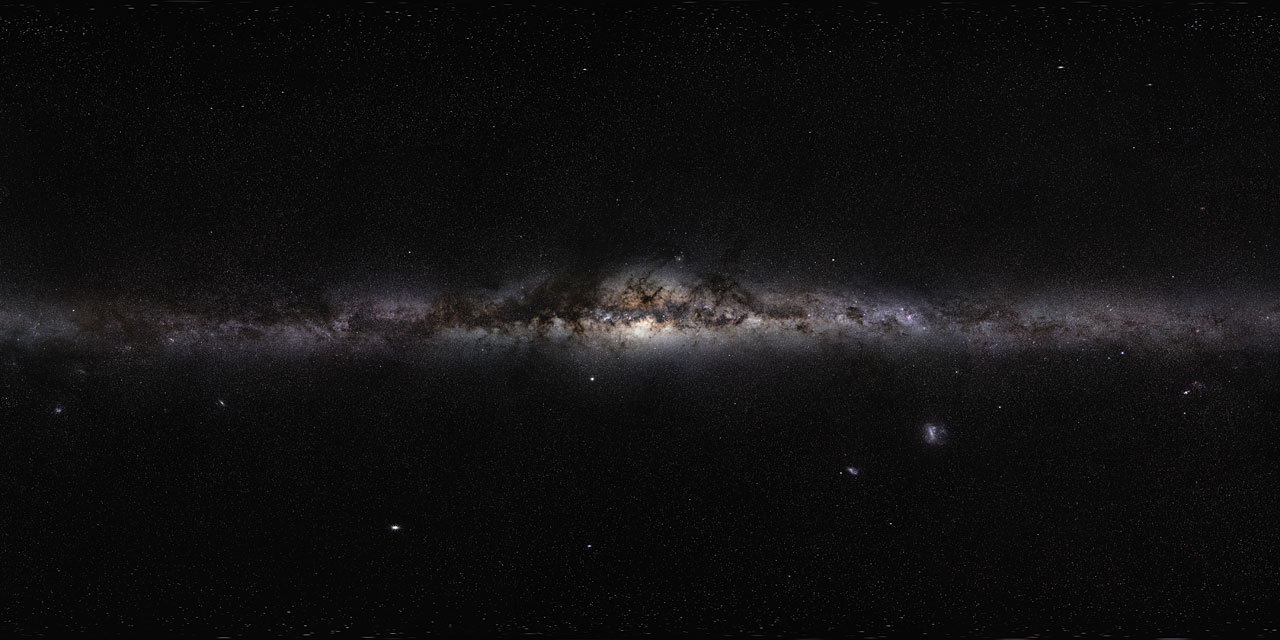In 1950, during a lunchtime conversation with colleagues at the Los Alamos National Laboratory, famed physicist Enrico Fermi asked the question that launched a hundred (or more) proposed resolutions. “Where is Everybody?” In short, given the age of the Universe (13.8 billion years), the fact that the Solar System has only existed for the past 4.5 billion years, and the fact that the ingredients for life are everywhere in abundance, why haven’t we found evidence of extraterrestrial intelligence by now? This came to be the basis of Fermi’s Paradox, which remains unresolved to this day.
Interest in Fermi’s question has been piqued in recent years thanks to the sheer number of “potentially habitable” exoplanets discovered in distant star systems. Despite that, all attempts to find signs of technological activity (“technosignatures”) have come up empty. In a recent study, a team of astrobiologists considered the possible resolutions and concluded that only two possibilities exist. Either extraterrestrial civilizations (ETCs) are incredibly rare (or non-existent), or they are deliberately avoiding contact with us (aka. the “Zoo Hypothesis“).
Continue reading “After all of This Time Searching for Aliens, is it The Zoo Hypothesis or Nothing?”

